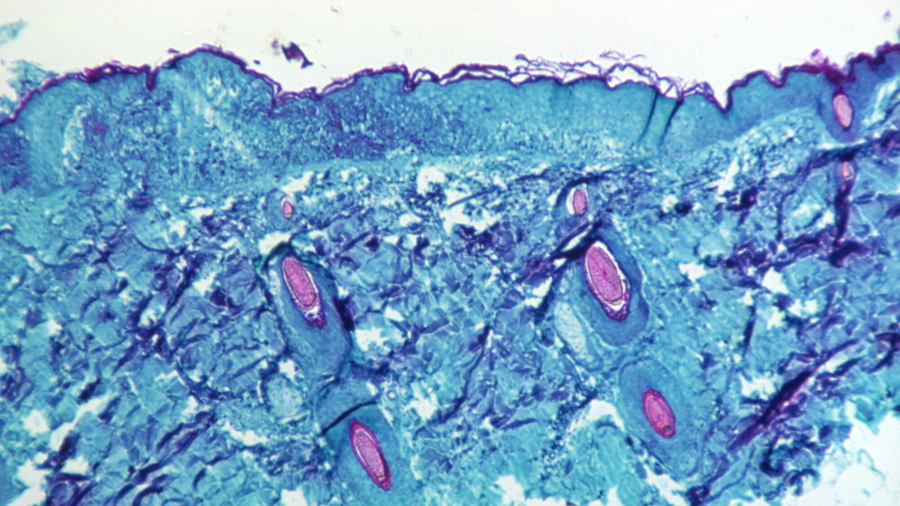The World Health Organization (WHO) has determined that the outbreak of monkeypox across multiple countries does not constitute a Public Health Emergency of International Concern (PHEIC) “at present,” according to WHO Director-General Tedros Adhanom Ghebreyesus and the International Health Response (IHR) Emergency Committee.
In the meeting statement, released on June 25, the WHO determined that monkeypox is currently not at the extent that establishes a PHEIC, which is defined as an “extraordinary event” that constitutes public health risks to other states through international transmission and requires a coordinated international response.
Some members of the WHO committee dissented, though the majority agreed with this decision.
Monkeypox cases have been decreasing or plateauing in countries that first experienced the outbreak. Since May, 3,040 cases have been reported in 47 countries, with one death in an immunocompromised individual, according to the WHO’s report.
So far, the vast majority of confirmed cases of monkeypox are male, and mostly among gay, bisexual, and other men who have sex with men, often presenting with lesions localized at or around the genitals, as well as rashes across the body.
More investigation is needed to understand the transmission of the virus, though the WHO suspected that the trends in case numbers may be associated with international gatherings and LGBTQI+ Pride events that encouraged sexual encounters.
WHO Advises International Collaboration
Currently, the outbreak has involved mostly countries that had no previous reported history of the virus, with European countries seeming to be the most impacted with the highest number of cases.
Though a global plan is currently deemed to be unnecessary, the committee advised cases to be closely monitored and reviewed for a few weeks. Countries can reevaluate this advice if there are significant changes to the disease progression once more information becomes available.
The committee concluded that there may be a reassessment if there is strong evidence of significant increases in case numbers in the next 21 days, occurrence of cases in sex workers, and significant spread to other countries or countries already endemic to the disease.
It also advised checking for infection in vulnerable groups such as immunosuppressed people and children, as well as similar infections in animals or changes in virulence or behavior of the virus, which may all warrant a reassessment of the situation.
The committee advised that countries should collaborate with each other and the WHO and follow the guidance of the WHO to assist other countries.
From The Epoch Times

